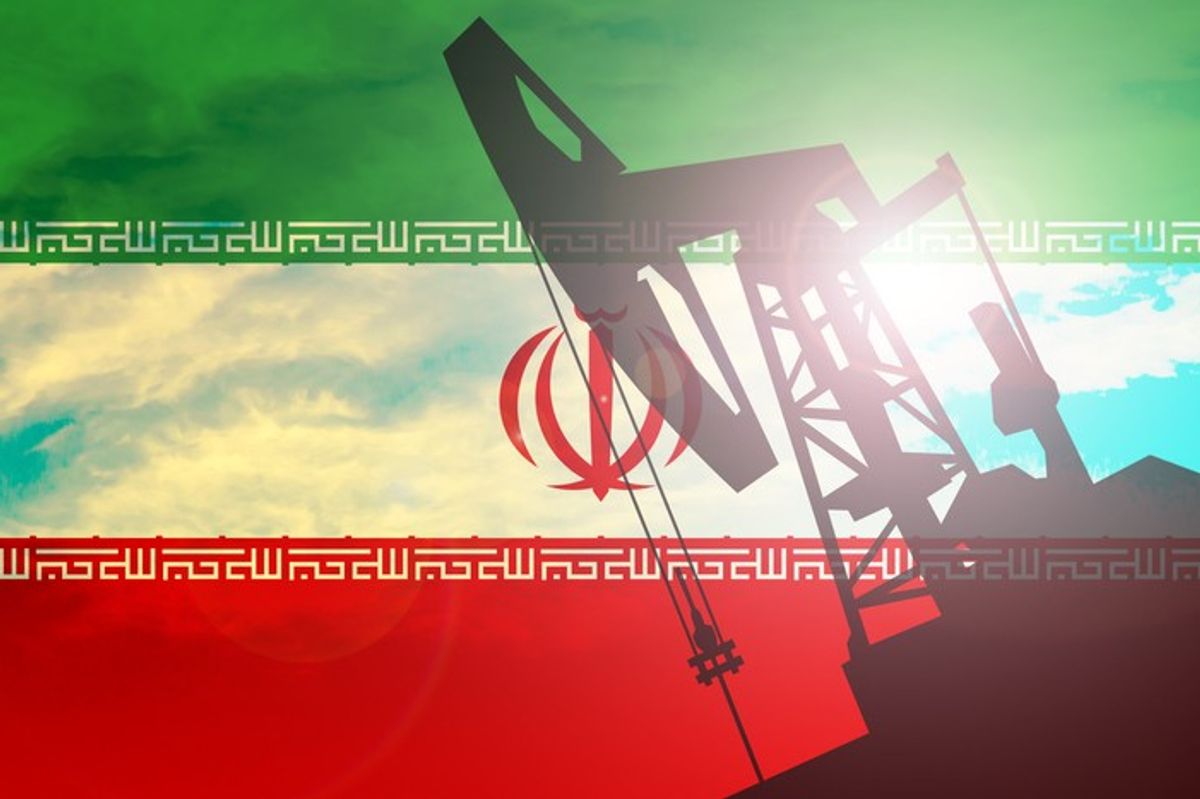Having begun transforming its energy sector, the Mexican government is learning the ups and downs of opening its oil resources to foreign companies. In July, Mexico held its first round of bidding on oil blocks made available to foreign companies. The auction followed radical changes to the nation’s constitution enacted in 2013—changes that ended an almost 80-year state monopoly on oil.
The Mexican government had hoped to sell 30-50 percent of the 14 available blocks in this first round, but it only successfully auctioned two. Stringent requirements for bidders, the anticipation of future auctions, and the recent drop in oil prices deterred many companies. Other companies failed to meet necessary minimum bids.
After the first round fell short of the government’s goal, Mexico’s independent National Hydrocarbon Commission (CNH) adjusted the auction terms for the second phase of bidding scheduled for September 30. During this phase, 20 pre-qualified companies will bid on production-sharing contracts covering nine shallow-water oil fields along the southern edge of the Gulf of Mexico.
Despite a choppy beginning, the new Mexican energy policy is expected to benefit Mexican oil companies, the Mexican economy, and foreign oil companies as the process unfolds over the next 10-15 years.
Rewards:
1. A competitive domestic oil sector will emerge. Ending the Petróleos Mexicanos (Pemex) monopoly on oil exploration and production has made way for a more robust oil sector in Mexico. The first two blocks awarded went to Mexico-based Sierra Oil & Gas, in consortium with U.S. Talos Energy and British Premier Oil. Competition will bolster Mexico’s ailing oil production. In the last 11 years, Mexico has dropped from being the fifth largest oil producing country to being the tenth.
Though Pemex has lost business due to the reforms, it will remain the dominant player in the oil sector. Increased competition will stimulate operational efficiency and increase production and profitability in the long run. Previously, Pemex was burdened by a heavy tax obligation, limiting its investments in research and development and human capital. Pemex expects to pay up to 36 percent less in taxes and royalties due to the reforms.
2. Resource availability for foreign oil companies will increase. The reforms allow foreign oil companies, including ExxonMobil and Chevron, access to potentially large, profitable oil reserves. Pemex estimates that 113 billion barrels of oil may be found in the untapped reserves. Pemex’s outdated exploration and drilling technology had restricted discovery and development.
3. The reforms will boost Mexican GDP. The reforms are estimated to boost GDP by 2 percent by 2025, with government revenue rising by an estimated $17 billion from oil block sales. Welcoming foreign oil companies to Mexico also will increase foreign direct investment and reduce unemployment by adding an estimated 500,000 jobs. That contrasts with a recent Pemex announcement of over 10,000 impending layoffs.
Risks:
1. Extortion, kidnap, and ransom schemes run by drug cartels threaten business operations. Mexico has some of the largest, most sophisticated, and violent organized crime networks, financed largely by drug trafficking. Risk for oil companies depends on where in Mexico they are operating. For example, some of the best oil prospects are in the northeast of the country, near hotspots of drug-related violence. The Mexican government is trying to sell blocks far from known cartel-heavy areas, but it is difficult to completely shield the energy sector from violent crime.
2. Corruption has long been a risk to business in Mexico. Law enforcement’s involvement in recently exposed kidnappings, prison escapes, and bribery scandals contributes to low confidence in public institutions. However, recent efforts to increase transparency in prosecuting corruption enabled Mexico to improve in the Corruption Perceptions Index from 106th in 2013 to 103rd in 2014. To put this in perspective, oil giants Nigeria and Russia are tied at 136th, and Angola is 161st.
3. The reforms are unpopular with the Mexican people. Since 1938, the nationalized Mexican energy sector has been part of the Mexican identity, and the original expropriation day, March 18, is a civic holiday. Selling part of the homeland sparked disagreement in the country, with many Mexicans seeing it as a blow to their national identity. As a result, foreign companies operating in the energy sector may initially face a negative reaction.
Alana Garellek is an analyst with The Cipher Brief.












